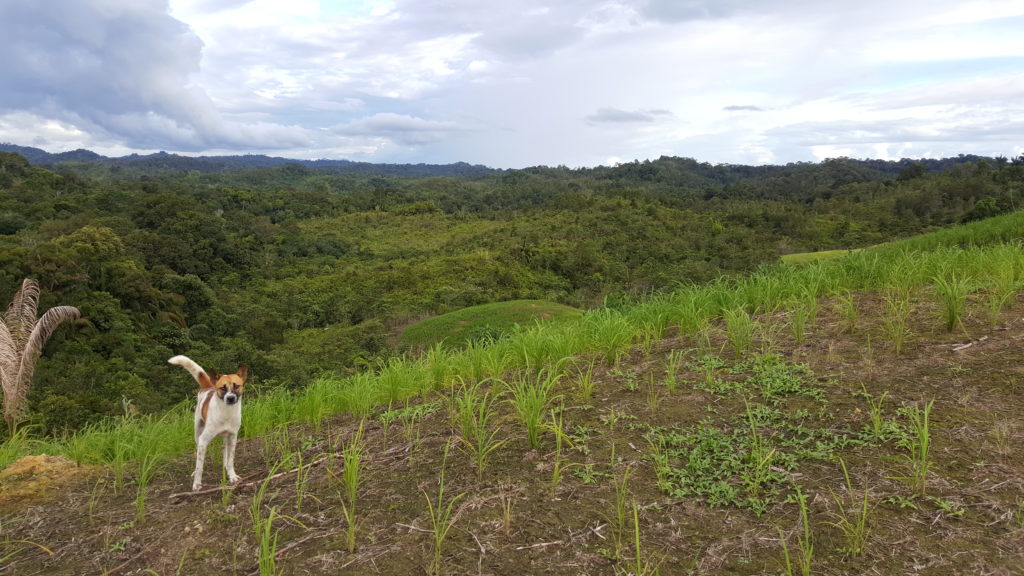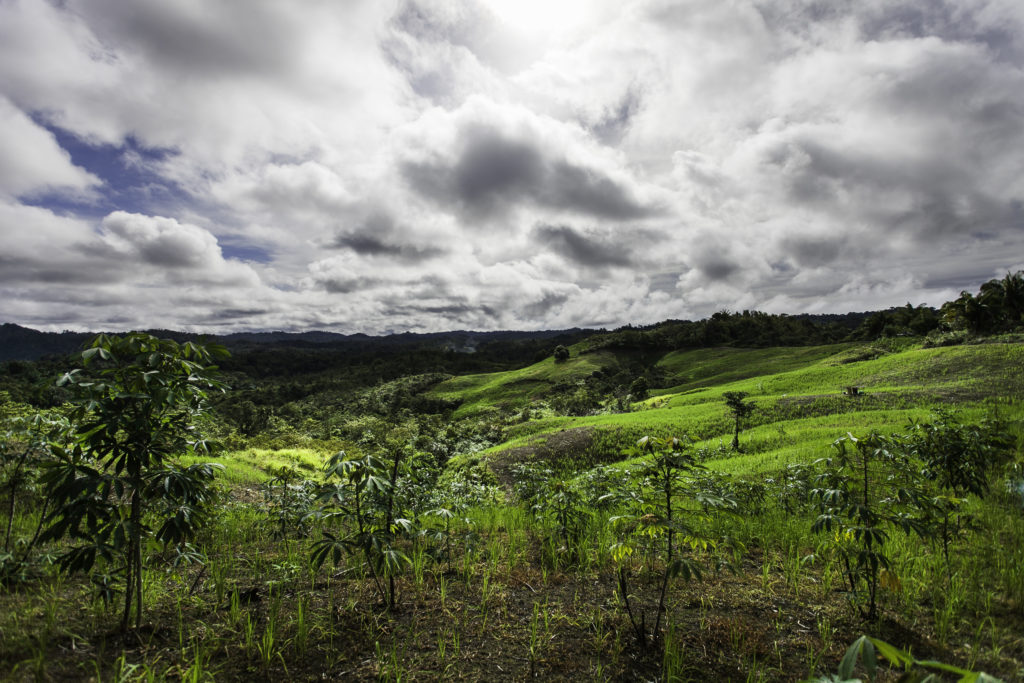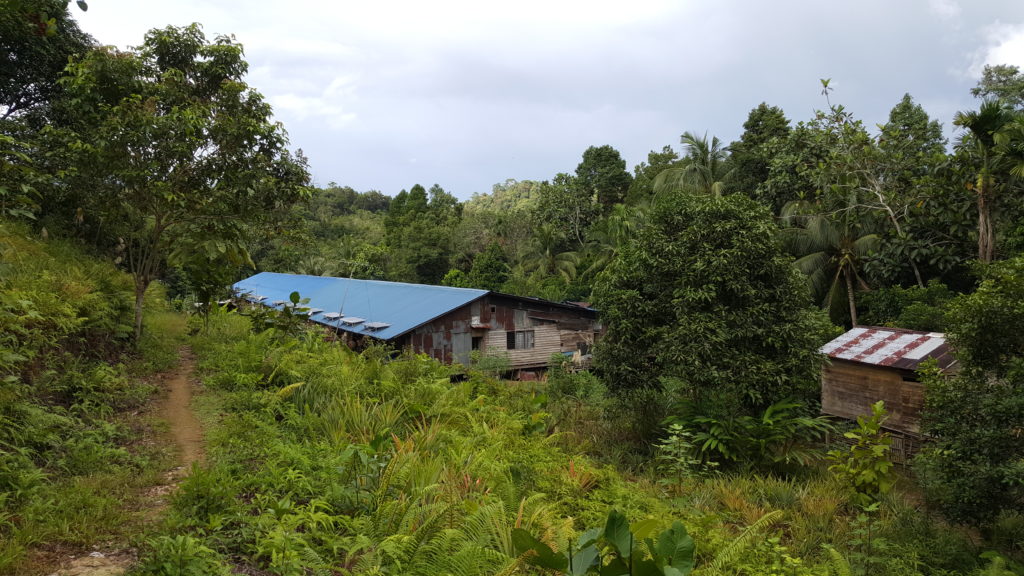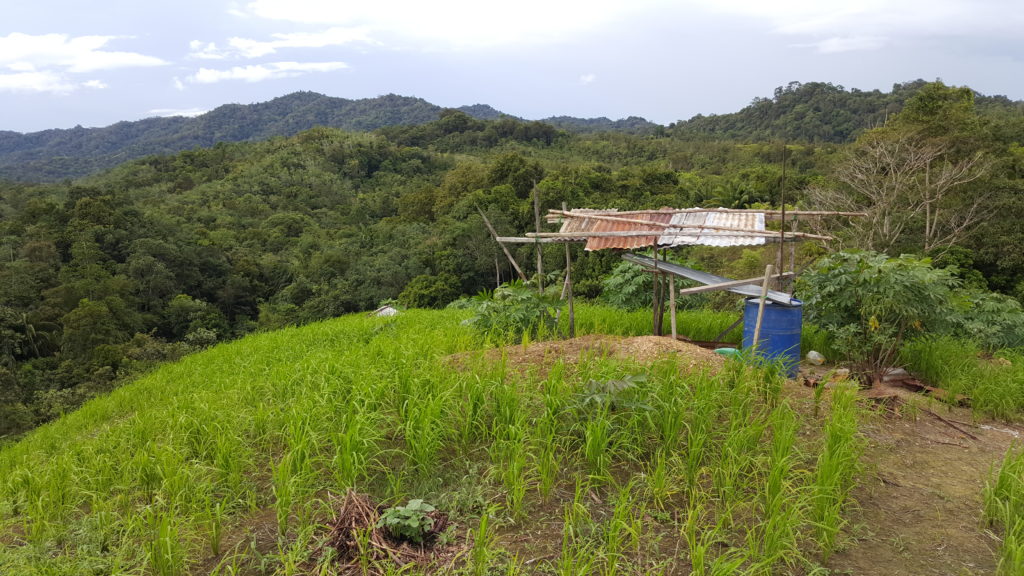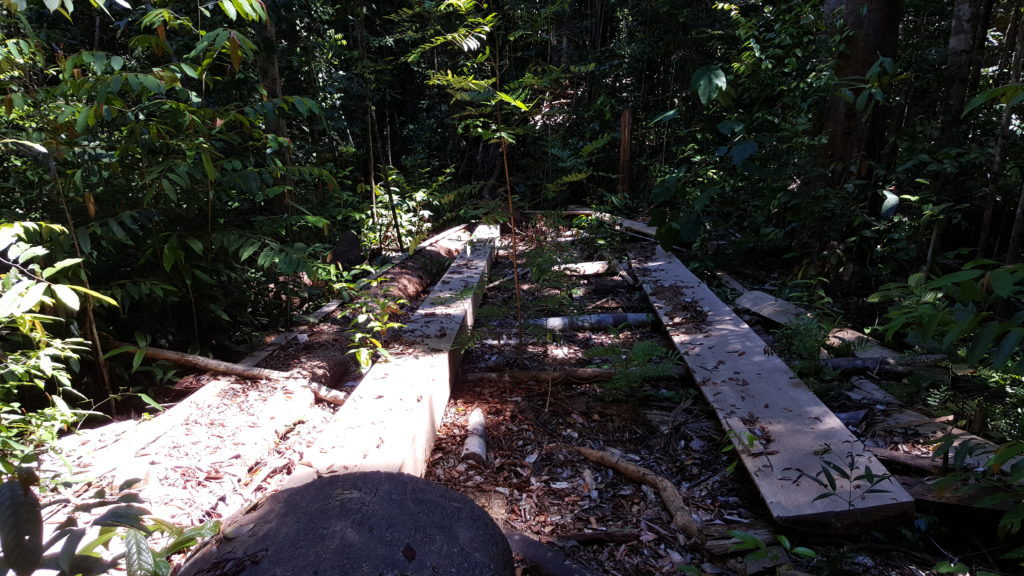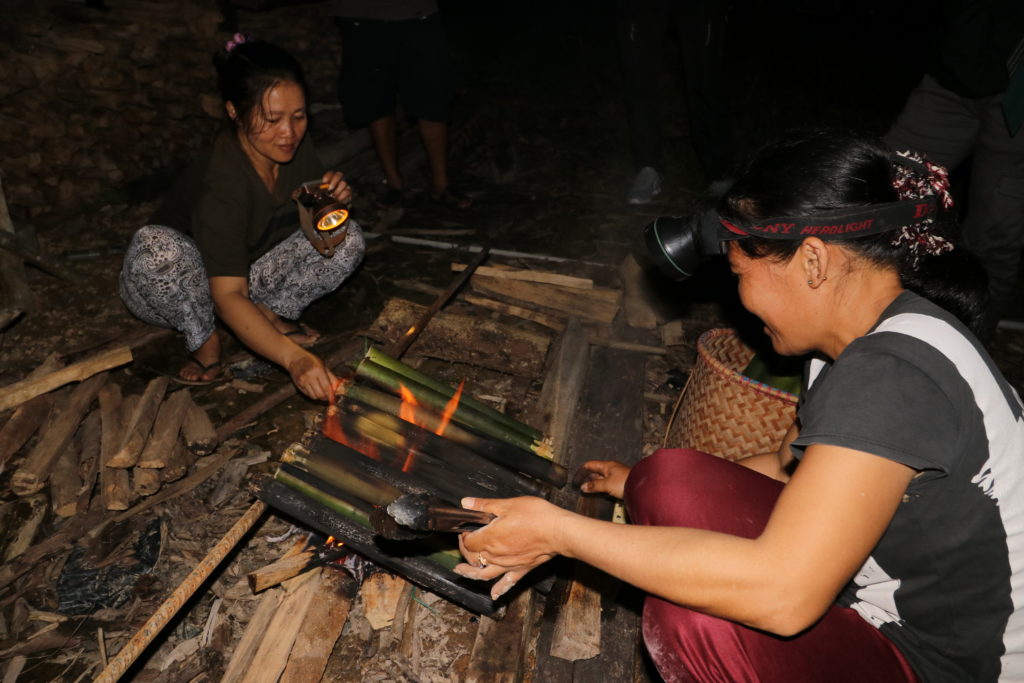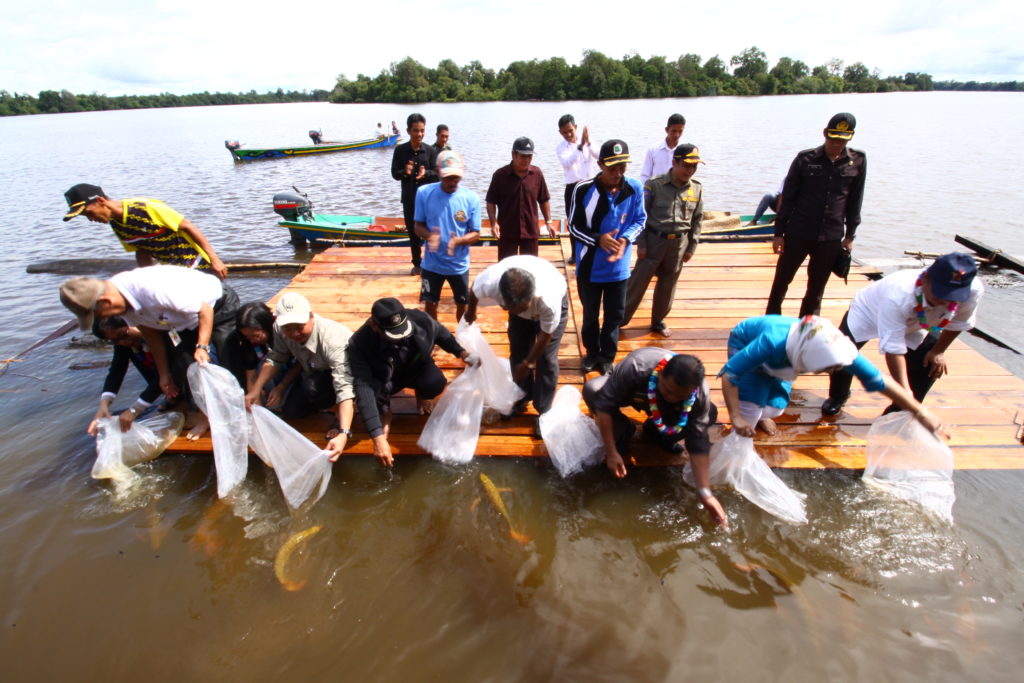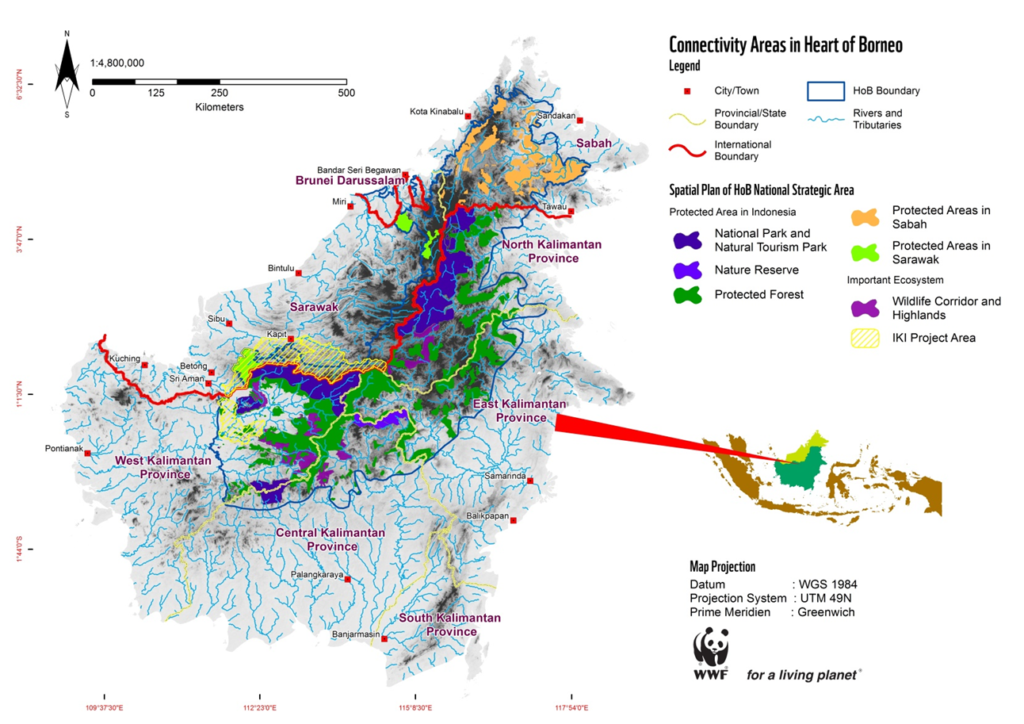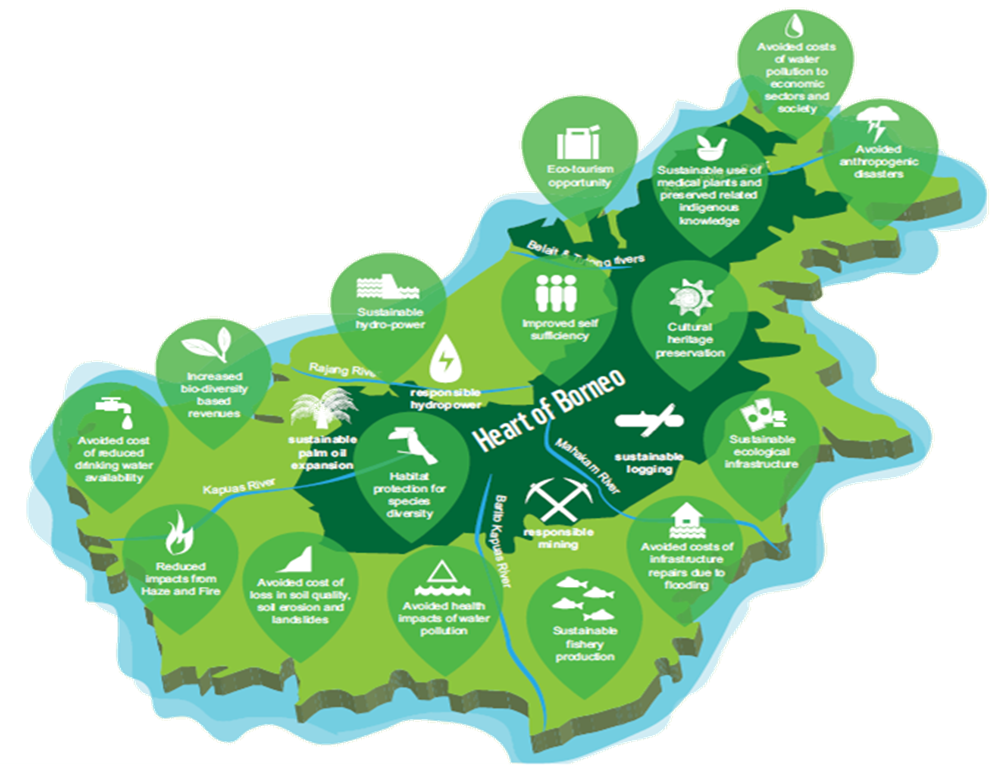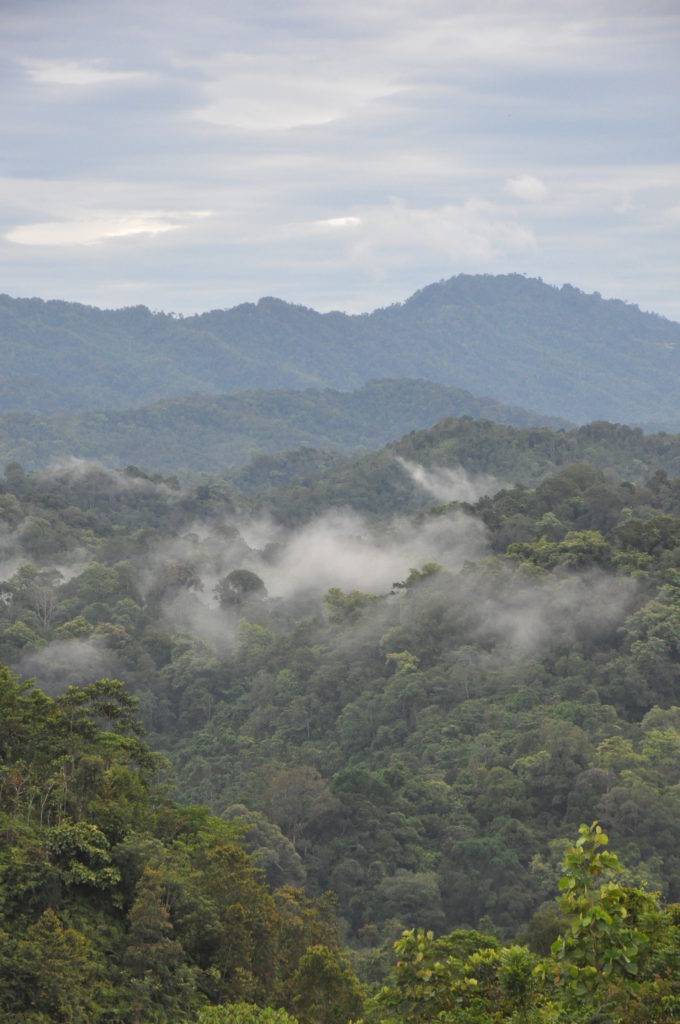Green economy concepts for the Heart of Borneo
From gaharu trees to gaharu tea to saving orangutans…A sucess story from Sungai Menyang Conservation Area
Orangutan nest count in Song-Katibas
Ayaka Kanaike who is a graduate student from the Graduate School of Global Environmental Studies, Kyoto University, Japan recently interned with WWF-Malaysia in Sarawak Office. During her internship, she had the opportunity of a lifetime to assist in one of our field works – orangutan nest counting – in Song-Katibas area (HoB project area). Ayaka Kaneika has helped to produce a short video on her field trip in Song-Katibas:
Jungle internship surveys Orang Utan
Sandra Wong might be WWF’s luckiest intern to date: The zoology student from the University Malaysia Sarawak spent much of her internship in the Heart of Borneo surveying Orang Utan nests. Her vlog captured it all:
Panda CLICK!
The project is called Panda CLICK! with ‘Panda’, because it is initiated by WWF with its famous panda logo and CLICK! as an abbreviation of the project title: ‘Communication Learning towards Innovative Change and Knowledge’. The program trains members of local communities in the use of a digital camera and then lets them loose for a year in their local environment to capture anything they wish related to the world about them, their daily activities, cultures and traditions.
Pepper – Spice for Life
Pepper is one of Sarawak’s main cash crops and the state produces up to 98% of the overall Malaysia’s pepper production, planted almost entirely by local communities. This is why pepper is people’s crop of choice with about 67,000 rural dwellers in the upland areas of the state choosing to cultivate the plant. However, unsustainable practices can lead to negative impacts on the environment, resulting in diminished production and ultimately harming the income of the local communities.
Two Iban communities in Song, Sarawak realised the importance of sustainable farming practices and aims to improve their farming practices. Within this project, WWF Malaysia works with them towards better yields without degrading the nature that surrounds them. Join us on our journey as we tell the first part of our story.
Pepper – A Step Forward
As one of Sarawak’s main commodities , pepper has become the crop of choice for about 67,000 rural dwellers in the interior of the state. WWF-Malaysia works with some of these farmers in the district of Song to develop sustainably produced pepper. When COVID-19 pandemic hit in 2020, most physical activities were put on hold due to public health safety and travel restrictions. Because of this, WWF-Malaysia has had to make adaptations to our sustainable pepper programme and also in the way we collaborate, and partner up with agroforestry professionals and the Malaysian Pepper Board. Together, new ways of farming have been introduced to increase pepper yield effectively and reduce environmental damage to the soil and natural surroundings. As Sarawak pepper is one of the top 10 in the world, there is great potential in creating a sustainable market chain that will provide pepper farmers the option to sustain their livelihoods through good agricultural practices. This, in turn, conserves their heritage as pepper farmers and the environment in the Heart of Borneo.
Pepper – From Farm to Table
In 2018, WWF-Malaysia started the pilot sustainable pepper project in Ulu Katibas, Song. We are working with the Iban communities of Rumah Dagum and Rumah Peter, and the Malaysian Pepper Board. This project seeks to empower the communities towards improved livelihood sources through sustainable pepper cultivation and agroforestry in community-used areas surrounded by natural forests.
Communities living with orangutans in harmony
Conservation work requires the help from communities as stewards in co-managing natural resources. In this project, we work with the people who live inside and near orangutan habitats. In conjunction with #InternationalOrangutanDay WWF Malaysia has organised a series of talks about their work, the following video is a talk that explains our work to support the communities by promoting sustainable gaharu tree plantations.
More talks about WWF Malaysia’s orang utan work in Sabah and Sarawak.

